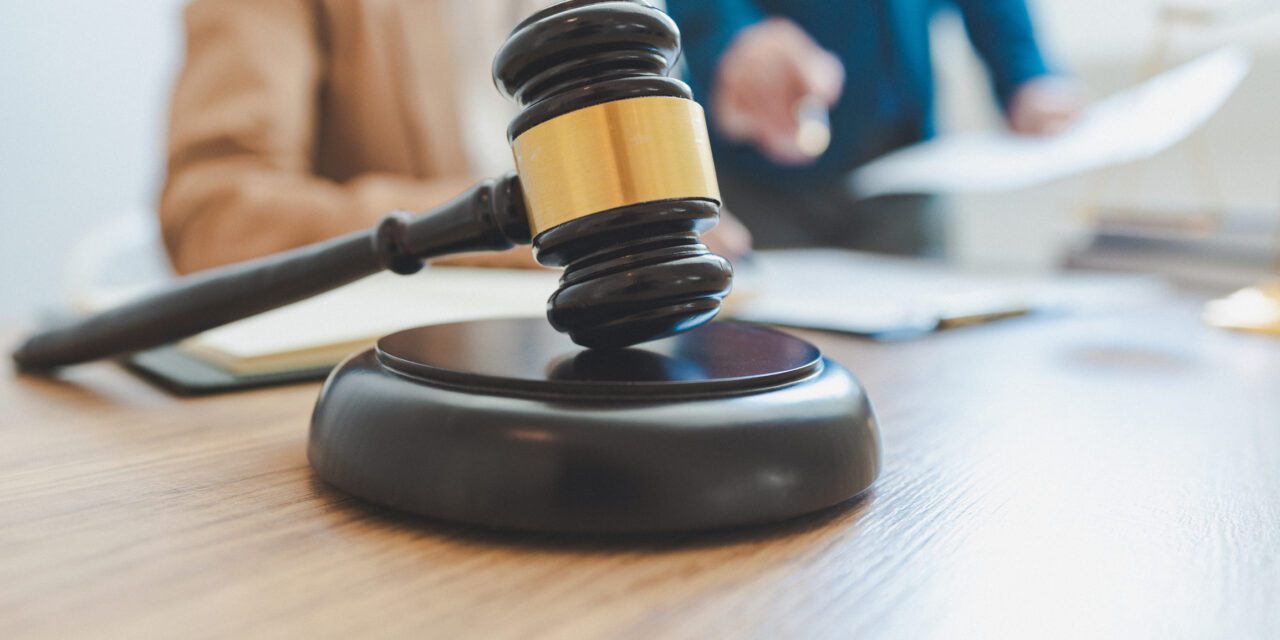Introduction
Legal contests, also known as legal competitions or moot court competitions, are integral components of law school education and offer students a unique opportunity to hone their advocacy, research, and legal reasoning skills. These contests simulate real legal scenarios and require participants to argue cases before mock appellate courts. Understanding the rules, having access to crucial information, and seeking the guidance of experienced lawyers are vital to success in these competitions. In this article, we will delve into the world of legal contests, including the rules, information, and the invaluable role that lawyers play in guiding aspiring legal professionals.
The Basics of Legal Contests
Legal contests are law school activities designed to simulate appellate court proceedings. These competitions typically involve students preparing and presenting oral and written arguments for hypothetical cases. Participants may be tasked with representing either the appellant (the party appealing a lower court decision) or the appellee (the party opposing the appeal).
Rules and Guidelines
- Format and Structure: Legal contests often follow a standardized format. Participants present their arguments before a panel of judges, which may include law professors, practicing attorneys, or actual judges. The format varies from one competition to another.
- Case Materials: Participants are provided with a set of case materials, including facts, court decisions, statutes, and other legal sources relevant to the case. These materials serve as the foundation for the arguments.
- Time Constraints: In many contests, strict time limits apply to oral arguments, requiring participants to effectively present their case within a designated period.
- Scoring Criteria: Judges evaluate participants based on their legal reasoning, knowledge of the law, oral advocacy skills, and ability to respond to questions.

Access to Information
- Legal Research: Successful participation in legal contests requires a strong foundation in legal research. Participants must be proficient in finding relevant case law, statutes, and legal precedents to support their arguments.
- Case Analysis: Participants must critically analyze the provided case materials, identifying legal issues, constructing arguments, and preparing persuasive briefs.
- Oral Advocacy: Effective oral advocacy is a crucial component of legal contests. Participants must be well-prepared to present their arguments, respond to questions from the judges, and convey their legal analysis persuasively.
The Role of Lawyers
Lawyers, particularly those with experience in appellate advocacy, play a vital role in preparing law students for legal contests:
- Coaching: Many law schools have faculty members with extensive experience in appellate advocacy who serve as coaches. They guide students through the competition process, offering insights on case analysis, legal research, and oral advocacy.
- Mentorship: Lawyers who have participated in similar contests or have experience arguing cases before appellate courts can serve as mentors. They provide valuable guidance, share practical tips, and help students refine their legal arguments.
- Mock Oral Arguments: Lawyers can conduct mock oral argument sessions, simulating the contest environment. These sessions help students refine their presentation skills and receive constructive feedback.
- Legal Research and Writing: Lawyers can assist students in honing their legal research and writing skills, helping them craft persuasive briefs and legal arguments.
Conclusion
Legal contests offer law students an invaluable opportunity to develop essential advocacy skills and deepen their understanding of appellate court procedures. Success in these competitions hinges on understanding the rules, having access to essential information, and seeking guidance from experienced lawyers. By mastering these aspects, aspiring legal professionals can refine their abilities, ultimately making them better-prepared advocates for their future legal careers.
